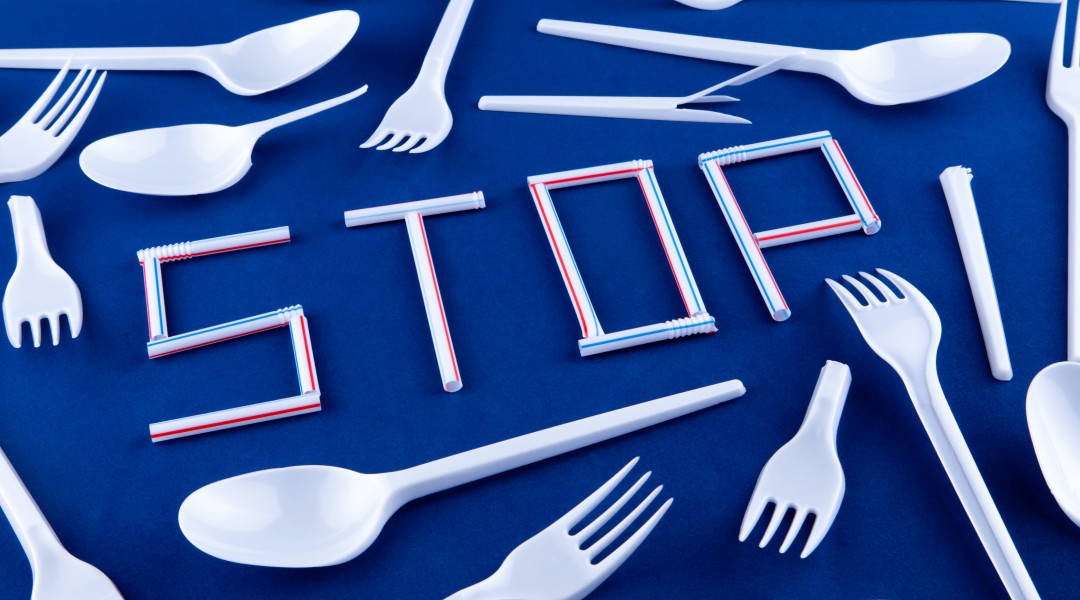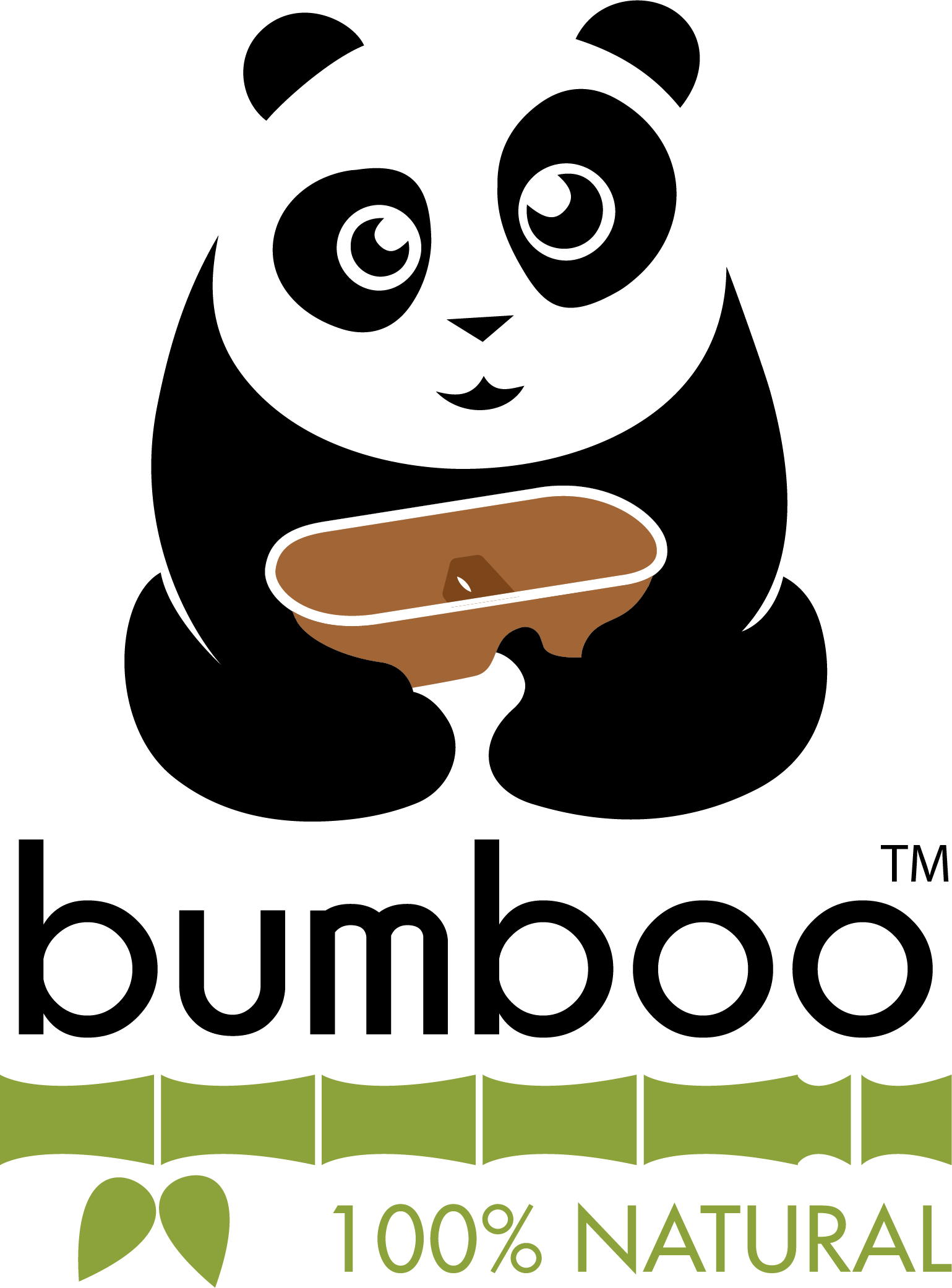
The food industry relies heavily on single-use plastics (SUPs) for packaging, utensils, and various other purposes. While these plastics offer convenience and efficiency, their hidden costs are becoming increasingly evident, posing a significant threat to the environment, human health, and even the businesses themselves.
The Environmental Toll:
Ocean Pollution: An estimated 11 million tons of plastic waste enter our oceans annually . SUPs are a major contributor to this pollution, harming marine life and disrupting ecosystems.
Landfill Overflow: SUPs account for a significant portion of landfill waste, taking centuries to decompose and releasing harmful toxins into the environment .
Resource Depletion: Producing plastic requires vast amounts of fossil fuels, contributing to greenhouse gas emissions and climate change .
The Human Health Risk:
Microplastics: SUPs break down into microplastics, tiny plastic fragments that contaminate our food, water, and even the air we breathe . These microplastics can have detrimental effects on human health, potentially leading to organ damage and inflammation .
Endocrine Disruption: Many plastics contain chemicals that disrupt the endocrine system, leading to hormonal imbalances and potential health problems.
The Economic Burden:
Waste Management Costs: The cost of managing plastic waste is substantial, placing a significant burden on municipalities and taxpayers.
Brand Reputation: Consumers are becoming increasingly aware of the environmental and health impacts of SUPs. Businesses that rely heavily on these plastics risk damaging their brand reputation and losing customer loyalty.
Opportunity Costs: By focusing on SUPs, businesses may miss out on opportunities to develop and adopt more sustainable and innovative packaging solutions.
Moving Forward: Embracing Sustainable Alternatives
Transitioning away from SUPs requires a shift towards more sustainable alternatives. Fortunately, nature offers a plethora of promising options:
Hemp Fiber: This versatile fiber boasts exceptional strength, durability, and biodegradability. Hemp can be used to create packaging, utensils, and even clothing, offering a viable replacement for a wide range of SUPs. Moreover, hemp cultivation requires minimal water and land resources, making it a highly sustainable choice.
Wheat Straw: An abundant agricultural byproduct, wheat straw can be transformed into various eco-friendly products. It can be molded into cups, plates, and containers, and can even be used to create bioplastics. Utilizing wheat straw reduces waste, promotes resource utilization, and offers a readily available alternative to traditional plastics.
Bagasse: The fibrous residue left after sugarcane processing, bagasse is another valuable resource for sustainable packaging. It can be used to create sturdy and compostable plates, bowls, and trays, providing a biodegradable alternative to plastic food containers. Additionally, bagasse utilization reduces dependence on virgin resources and promotes waste reduction.
Bamboo: This fast-growing, renewable resource possesses unique properties that make it ideal for sustainable products. Bamboo can be used to create strong, lightweight, and water-resistant utensils, straws, and even food containers. Its rapid growth and minimal environmental impact make bamboo a highly sustainable alternative to wood and plastic.
Beyond these examples, numerous other plant-based materials hold potential for replacing SUPs. Fungi-based packaging, seaweed-derived films, and even bioplastics made from agricultural waste all offer promising alternatives.
Embracing these solutions requires collaboration and commitment across the food industry. Businesses must invest in research and development, explore innovative packaging solutions, and work with suppliers to ensure the availability of sustainable materials. Governments can play a crucial role by enacting policies that incentivize sustainable practices and discourage the use of SUPs.

1 Comment(s)
Giao diện cược của họ thiết kế rất trực quan, dễ dàng thao tác.
Giao diện nền tảng đơn giản và dễ sử dụng, rất tiện lợi.
FB88 có rất nhiều trò chơi bắn cá, rất thú vị và dễ chơi.
Leave a Comment